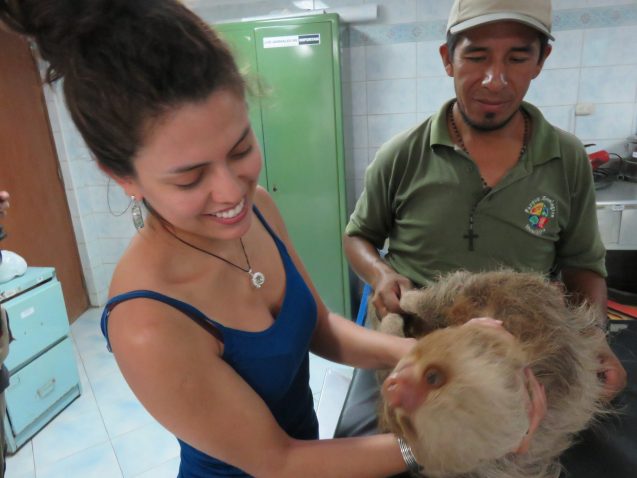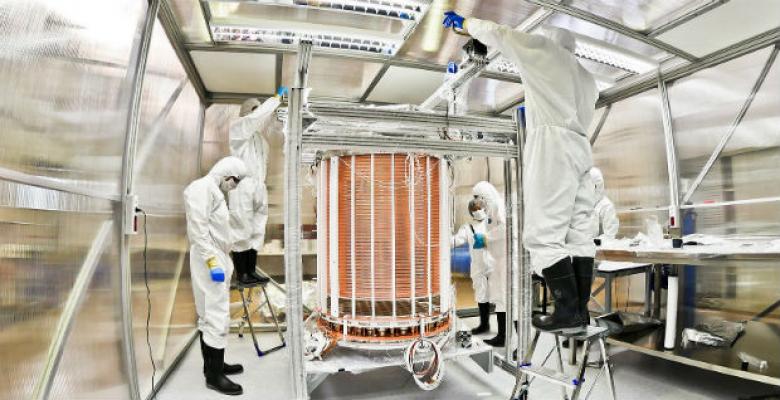June 28, 2018
The EHR-Phenolyzer Looks to Speed Genetic Diagnoses
The new high-throughput tool efficiently extracts information about the physical characteristics of a patient’s condition from electronic health records and automatically identifies associated candidate disease genes.
June 28, 2018
Food Web: Trade Networks May Be Key to Solving Hunger
Columbia’s Center for Climate Systems Research is building a network analysis program that can pinpoint trouble spots in the global food trade system.
June 27, 2018
Study Signals Change in How Scientists Calculate Ancient Diets
Scientists have long determined what extinct animals ate by analyzing carbon isotopes locked inside their fossil teeth. But a new study shows that in many cases, they may be plugging the wrong numbers into their equations.
June 26, 2018
Experimental Forecasts Could Help Guatemala Recover from Volcanic Eruption
Rainfall predictions out to three weeks suggest the nation may get some relief from downpours that are hindering response and rebuilding.
June 20, 2018
Researchers Develop an Artificial Intelligence to Analyze Birdsong in a Warming Arctic
A new algorithm quickly sifts through hours of field recordings to learn how climate change influences bird migration. The A.I. could help track other wildlife as well.
June 19, 2018
Machine Learning May Be a Game-Changer for Climate Prediction
Researchers led by Columbia's Pierre Gentine demonstrate that machine learning techniques can be used to better represent clouds in coarse resolution climate models, with the potential to narrowing the range of prediction
June 18, 2018
Physicist Leading the Hunt for Dark Matter Wins Berkeley Prize
Elena Aprile, a physics professor at Columbia who is leading the world’s most sensitive search yet for dark matter, will receive the American Astronomical Society’s 2019 Lancelot M. Berkeley − New York Community Trust Prize Berkeley Prize.







